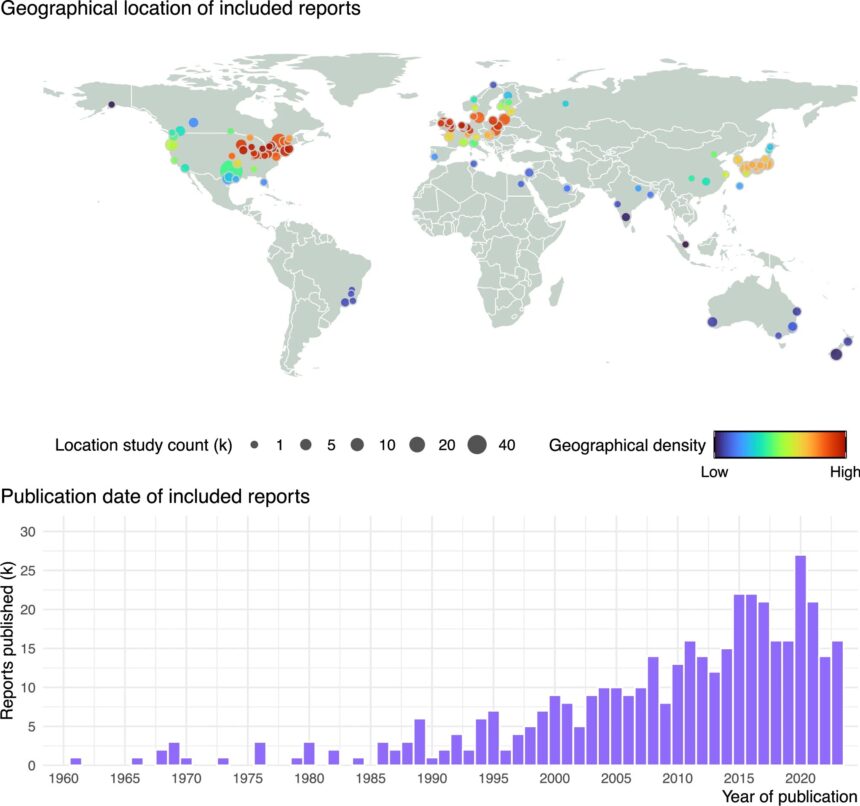The impact of extreme heat on heart health has long been a topic of interest for scientists. However, a recent study led by the University of Ottawa’s Human and Environmental Physiology Research Unit, in collaboration with researchers from Harvard University, University of Otago, Institute for Exercise and Environmental Medicine, and the University of Portsmouth, has shed new light on how we study the effects of heat on heart function.
Published in Nature Communications, the research analyzed data from over 400 laboratory studies involving more than 6,800 participants. The study revealed that the commonly used heating methods, such as water-perfused suits or hot water immersion, may not provide accurate insights into how the heart functions during heat stress. These encapsulated heating methods were found to significantly increase heart rates, blood pressures, and cardiac strain compared to natural heat exposures, like those experienced during hot weather.
Lead author of the study, Robert Meade, emphasized the importance of understanding how extreme heat affects heart health, especially as global temperatures continue to rise. The body’s response to heat, including increased blood flow to the skin and higher heart rates, can put individuals at risk, particularly vulnerable groups such as older adults and those with pre-existing heart conditions.
The study highlighted that participants exposed to climate-controlled environments simulating hot weather or heat waves exhibited more relevant cardiac responses compared to those exposed to direct heat from perfused suits. This research provides valuable data that can be used to design laboratory studies that are more reflective of real-world scenarios, ultimately enhancing public health strategies.
The researchers hope that their findings will influence the development of strategies by health agencies to protect individuals during extreme heat events. By gaining a better understanding of how the heart responds to heat, scientists aim to improve public health measures and safeguard vulnerable populations during heat waves.
As scientists continue to explore the effects of heat on heart health, the focus is shifting towards real-world scenarios where the impact of rising temperatures is most significant. By rethinking how we study the impact of heat on heart health, researchers are paving the way for more effective strategies to protect individuals during extreme weather events.
For more information on this groundbreaking research, you can access the study published in Nature Communications with the DOI: 10.1038/s41467-025-57868-6. This research was conducted by a team of experts from the University of Ottawa, highlighting the importance of collaborative efforts in advancing our understanding of how heat affects heart health.








